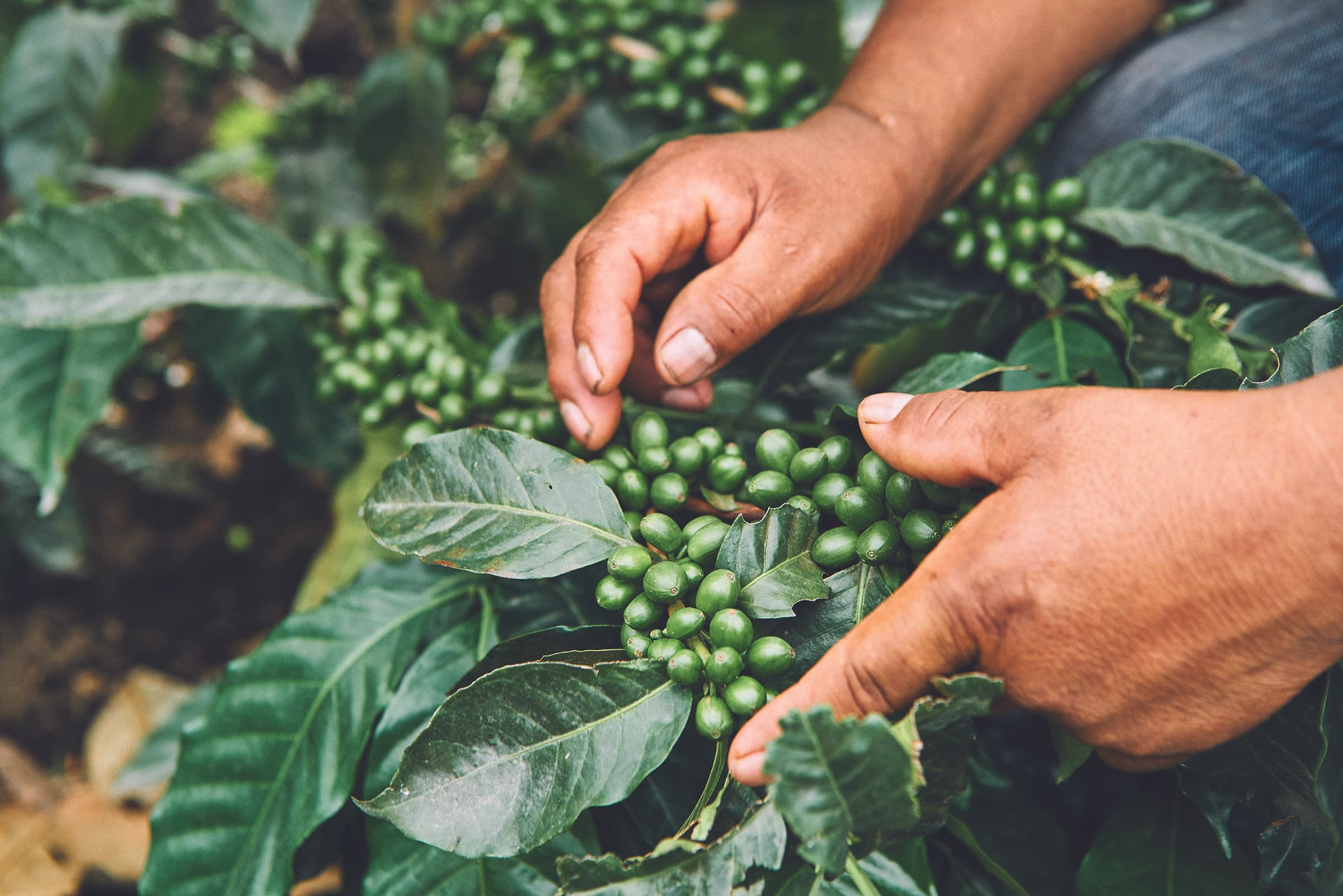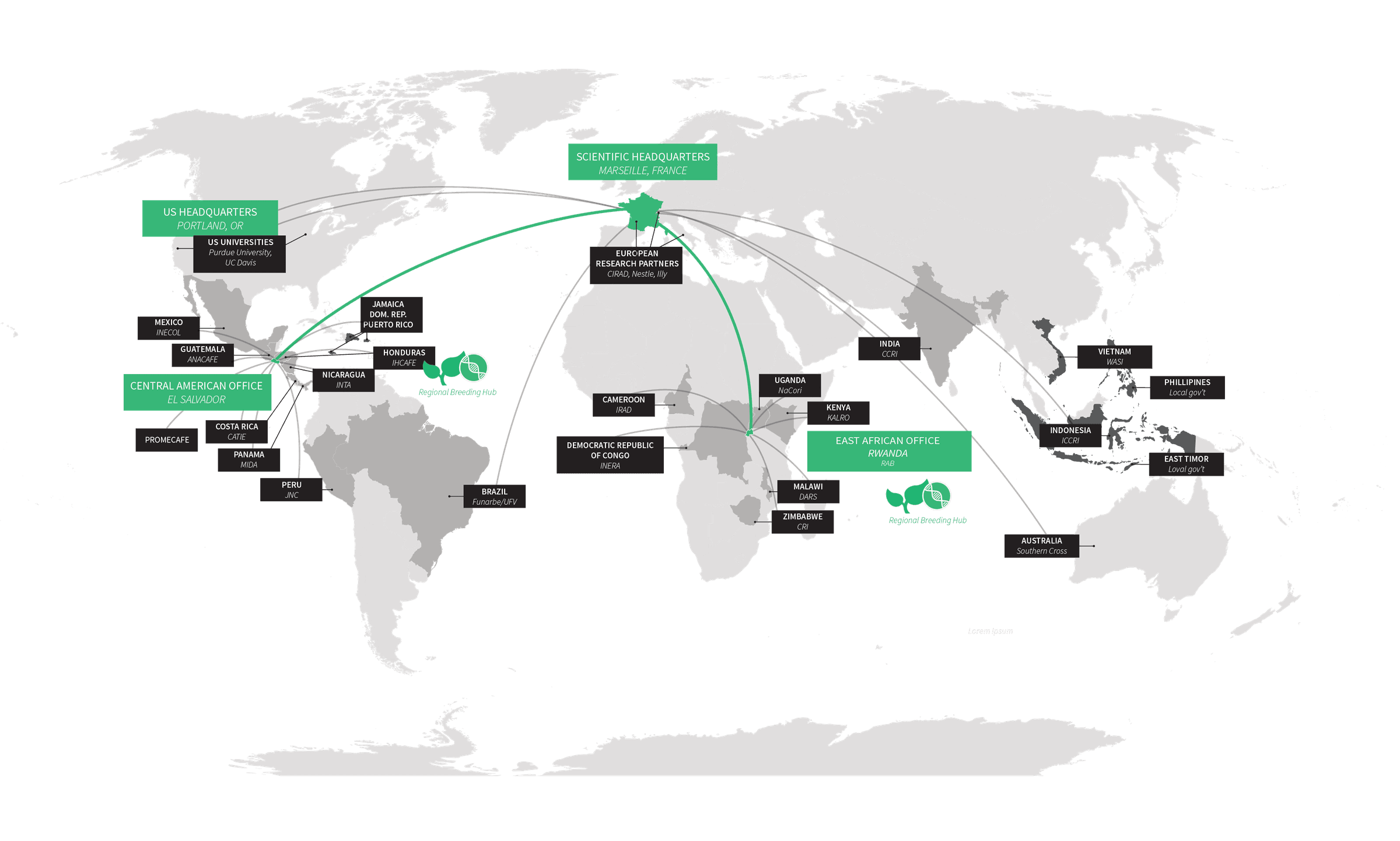Why the future depends on agricultural R&D
Redefining coffee sustainability

It sounds almost too obvious to mention: If coffee farming isn’t working for coffee producers, they’ll quit growing coffee. And indeed, in many parts of the world—for example, El Salvador, Costa Rica, and Kenya—this is already happening. Coffee growers face mounting challenges from drought to disease, from low prices to lack of credit—and so begin to seek out more profitable uses of their land. If producers can’t make enough money growing coffee and instead sell their land to developers, or start growing a more profitable crop, the environmental and social sustainability of coffee will not matter.
Especially under threat is the rich diversity of coffee origins currently available to roasters and consumers. It’s unlikely that producers in many countries will be able to compete in the long term with Brazil, Vietnam, and Colombia, which have made significant investments in agricultural research and development to help their coffee growers become more efficient.
Fewer farmers, less origin diversity—that is the likely future that coffee faces without significant innovation and investment to support coffee producers around the world to remain profitable and continue farming.
The purpose of WCR’s coffee agricultural R&D, which we conduct together with national coffee institutes and universities around the world, is to ensure that coffee growing remains a profitable livelihood that can meet rising demand while also safeguarding natural resources.

Our global partners
